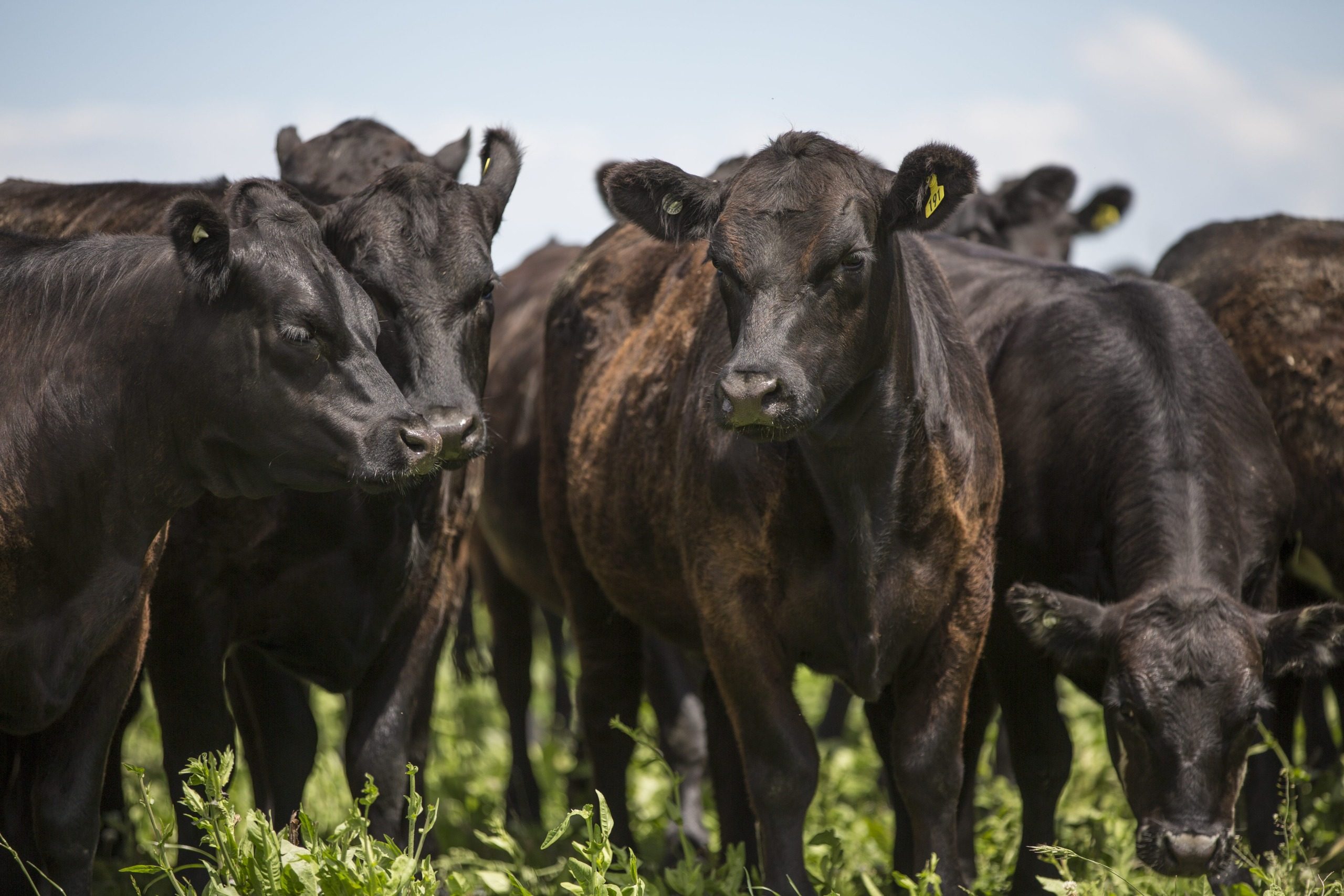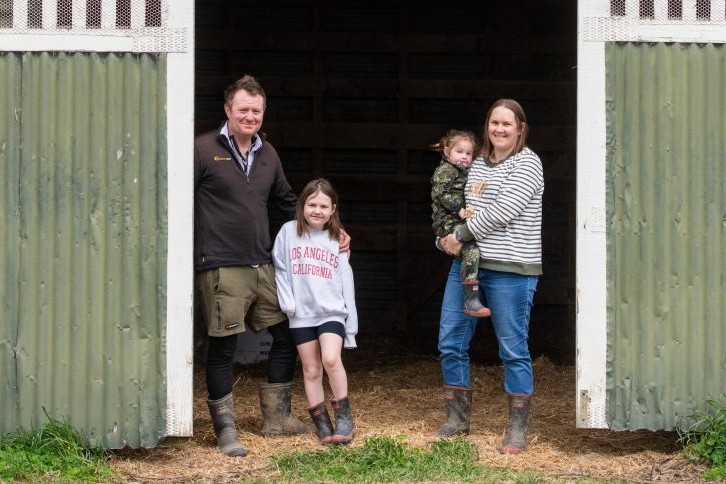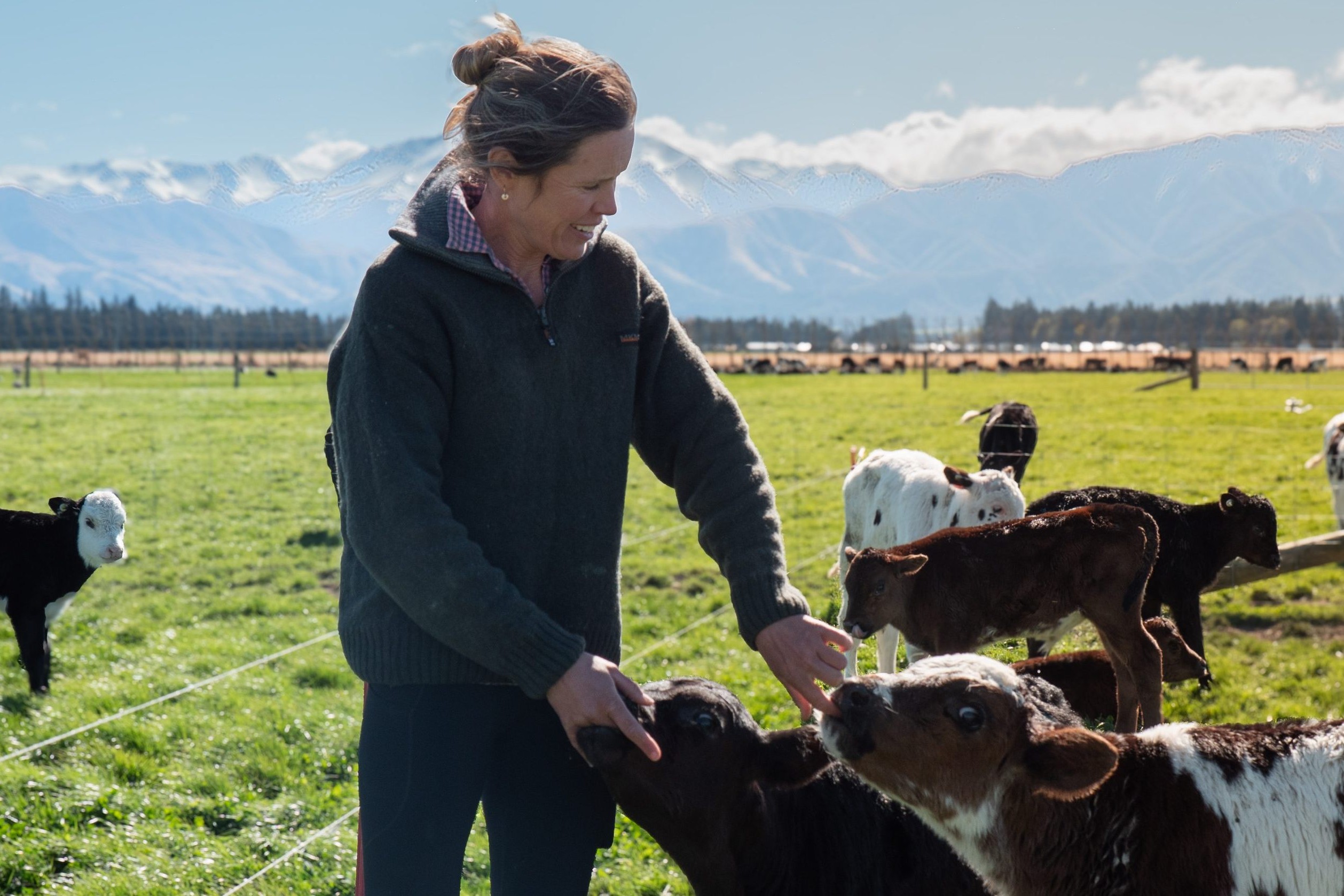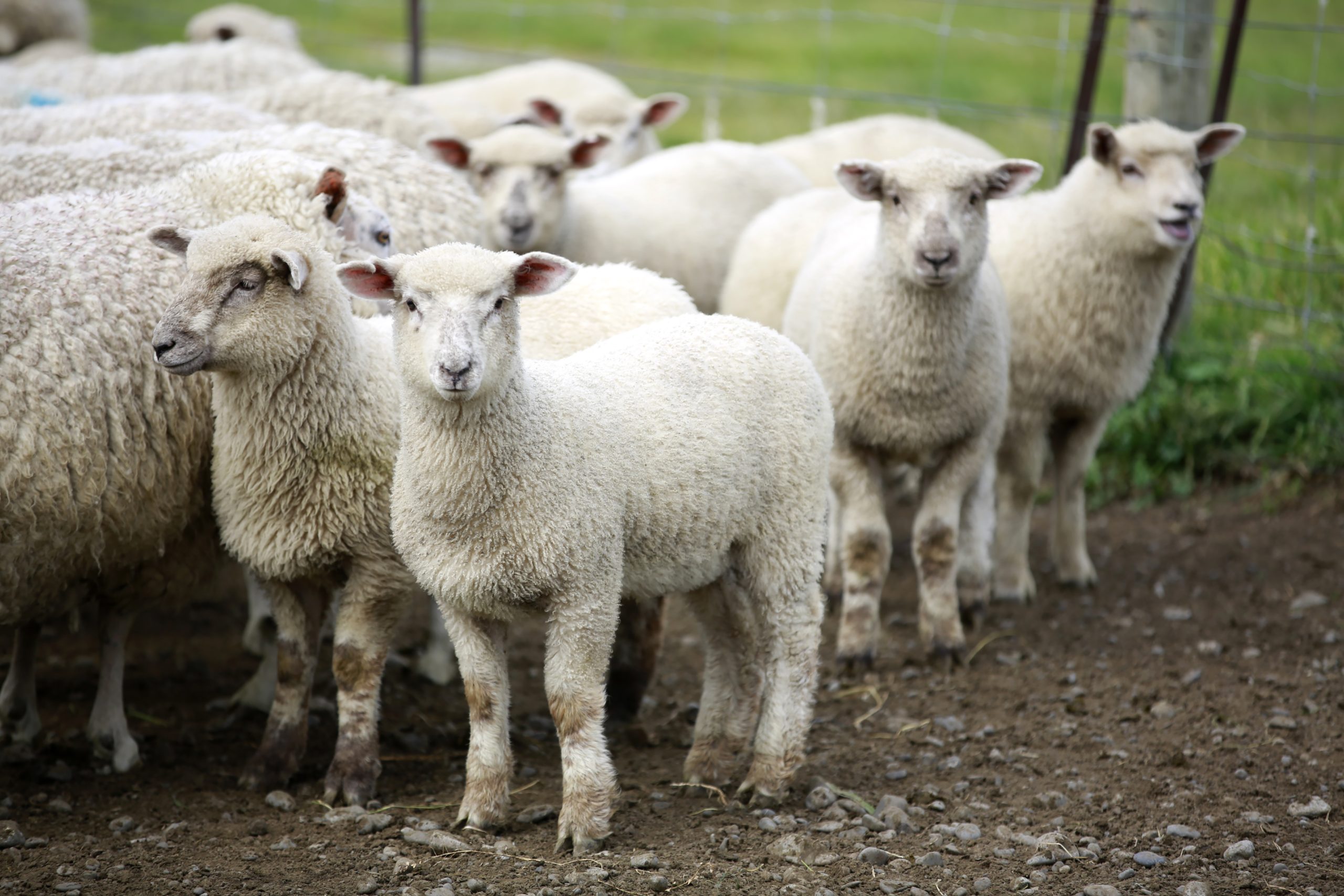Heifer calves: Keep or sell?
Selecting the right heifer replacements is critical to the future of your beef herd and farm profitability, says beef genetics expert, Amy Hoogenboom. The Zoetis Genetics area manager for beef says ensuring you are utilising all information and tools available helps to stack the deck in your favour. Find out more here.

Selecting the right heifer replacements is critical to the future of your beef herd and farm profitability, says beef genetics expert, Amy Hoogenboom. The Zoetis Genetics area manager for beef says ensuring you are utilising all information and tools available helps to stack the deck in your favour. Find out more here.
When making the decision of which heifer calves are kept or sold, farmers are making choices that affect the profitability of their herd for years to come. A crystal ball would sure come in handy as we never really know the outcome of alternate choices.
Alas, crystal balls are not available, so, what should farmers be evaluating and what tools can they use to make well informed replacement selections?
One strategy that some employ is to grow and breed the entire group of heifers and then select those that are in calf early or wait to cull until after they wean their first calf. While this may give a better projection, it isn’t practical for most farmers to add that many females to their operation for that long.
If developing heifers from the operation’s own calves, an initial screening of replacement heifer candidates should be made before sale of calves. For most commercial producers, this screening occurs at weaning. At this time, the goal should not be to identify the most visually appealing heifer calves to retain. Instead, the goal should be to screen out poor heifers that are clearly better suited for finishing rather than for development as potential replacement heifers. These may be heifers that are structurally unsound, in poor health, or have poor temperament.
‘Genetic merit should be a major consideration when selecting replacement heifers.’
Heifers born early in the calving season are older and of a heavier weight at weaning. Early-born heifers also have higher rates of puberty attainment prior to the start of their first breeding season. Depending on variation in age amongst heifer calves, it may be worth only selecting heifers born in the first half of the calving season for development as replacement candidates.
Genetic merit should be a major consideration when selecting replacement heifers. Heifers may look alike and meet all other selection criteria; genomic results can be used to narrow the replacement pool to a target number.
New genomic expected progeny differences (GEPDs) are now available for commercial females using tools such as Inherit Select from Zoetis and Angus HeiferSelect from Angus Australia. This provides producers the opportunity to obtain performance predictions based on the genomic make-up of their heifers and make more informed replacement selection decisions.
A pre-breeding evaluation of replacement heifer candidates is suggested to be performed 4 – 6 weeks prior to the start of the breeding season. Heifers should again be screened for health, structural problems, or temperament issues that may have arisen during the development period or gone unobserved during screening at weaning. Additionally, pre-breeding evaluation should include consideration of target weight attainment.
Heifer replacements need to reach a critical minimum weight (CMW) to permit attainment of puberty prior to the breeding season beginning and achieve higher pregnancy rates at first mating. With a variety of maturity types within breeds, CMW should be determined for each individual herd. This target weight should be treated as the minimum body weight required for an individual heifer rather than an average for the group.
Selecting the right replacements is critical to the future of your herd and farm profitability, ensuring you are utilising all information and tools available to stack the deck in your favour.
- Author: Amy Hoogenboom is Zoetis Genetics area manager – beef. Email her at amy.hoogenboom@zoetis.com




